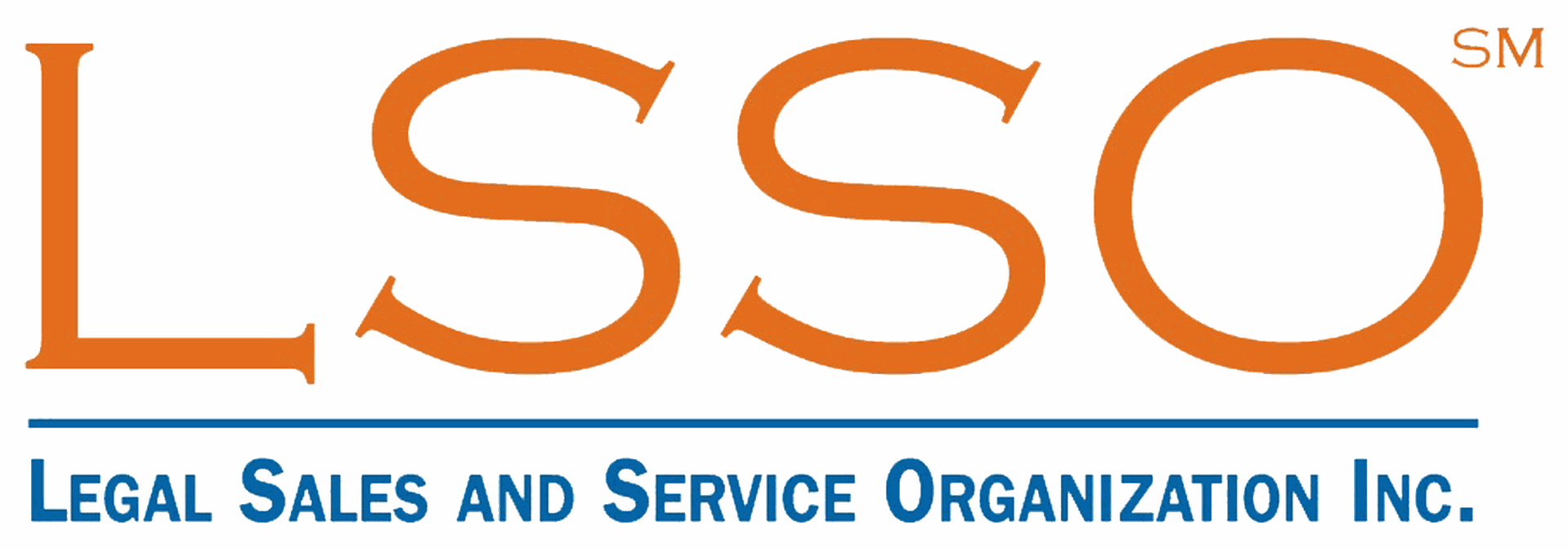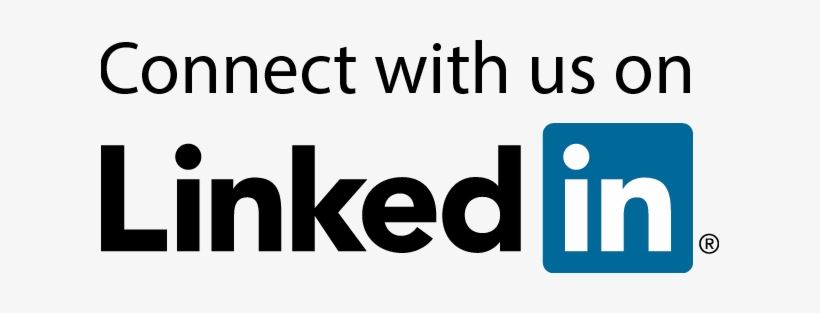Author Jill Zwetchkenbaum | LSSO Editorial Board Co-Chair
Continuous growth and learning are essential for success, irrespective of your level of experience. In the legal sales and service industry, the intellectual pursuit of growth is a shared trait among us all. And while major strategies and initiatives for learning and growth are crucial, it's often the small, daily habits and mindset shifts that can make a significant impact over time and effect real change. The good news is that most of the time, it’s not about reinventing the wheel; rather, it’s about taking advantage of what’s already in front of you. Drawing from the wealth of knowledge within our own circles and fostering a culture of learning from colleagues can yield invaluable insights and foster professional development. Here are five small practices that I work to incorporate into my daily routine to fuel growth, which I hope can help you do the same:
1. Ask Probing Questions: We’re always corresponding with our colleagues, so how can we make interactions more meaningful? For example, when debriefing with a colleague after a meeting, use it as a chance to learn. Instead of just discussing outcomes, such as “How do you think that meeting went?”, delve deeper by asking probing questions to colleagues like, "How did you prepare for that meeting?" or “What resources or examples helped you develop your knowledge and confidence in this area?" Or, if a colleague shares an interesting piece of news or an article where a client or topic of importance is mentioned, don’t be afraid to use it as a trigger for a broader conversation with that colleague by asking, “How did you come across that article?” “What sources do you subscribe to?” “Why did you circulate this article and not XYZ article?” These questions and instances not only show genuine interest but also allow you to understand the thought processes and strategies behind successful initiatives. By learning from others' approaches, you can refine your own methods and expand your skill set.
2. Commit to Continuous Learning (including outside of your immediate world!): Allocate time each day to consume content, whether it's articles, podcasts, webinars, or professional development courses. Stay updated on emerging trends, best practices, and innovative strategies within legal marketing and business development. That said, sometimes, the content you may need to level up will not be within the legal umbrella. If your role focuses on customer/client service, make sure you are just as attuned to that world, same goes for technology, employee engagement, or something else. Actively seek out opportunities to enhance your knowledge and skills, and be open to looking outside the norm to learn new techniques to stay ahead. Plus, these snippets of knowledge make great fodder for beginnings of meetings (and shows you are paying attention!).
3. “Get Ahead of It” & Embrace Feedback: Cultivate a growth mindset by proactively seeking feedback from colleagues, supervisors, and internal/external clients, where appropriate, on a regular basis. Instead of viewing feedback as criticism, see it as an opportunity for growth and development. If anything, show you’re getting ahead of it; actively solicit feedback after projects or client interactions, and use it to adapt and refine your strategies moving forward. And, instead of asking colleagues “How do you think I did?”, try asking probing questions geared towards specific competencies, such as: "What do you think were the key takeaways, and did I effectively address the main objectives?" “Did everything flow smoothly, or were there any instances where you felt it could have been better structured?" "Were all relevant stakeholders actively engaged, or were there any voices that seemed overlooked or underrepresented?" "Were there any missed opportunities or topics that should have been addressed during the meeting but weren't?"
4. Network… Strategically: While it's tempting to attend every event, conference, and networking program, it's important to be selective to make the most of your time. Prioritize events that align with your goals and target audience. Consider factors such as the relevance of the event to your practice area, the caliber of attendees, and the potential for meaningful connections. If people you respect and look up to will be in attendance, it should certainly be on your radar. If there is obvious personal gain to attending (especially compared with not attending), consider going. And consider these factors all the time. And when you do attend events, engage in meaningful conversations, exchange ideas, and explore collaboration opportunities. Follow up with people, and don’t forget to do that (considering it’s one of the biggest pieces of advice we give!). Building a strong network not only enhances your visibility and credibility but also opens doors to new opportunities and partnerships. It is not about the quantity of events you attend but the quality of connections you make.
5. Don't Let “Perfect” Be the Enemy of “Good”: In our fast-paced worlds, responsiveness and execution are often paramount. However, it's easy to fall into the trap of striving for perfection at the expense of progress – or using it as an excuse to move forward. While continuous improvement is essential, waiting for the perfect moment or solution can hinder growth and success (and lead to angry and frustrated people/clients). Instead, focus on making incremental improvements and taking action. Instead of thinking “I’ll add that to my list for the next meeting”, can you send a quick e-mail now to get the ball rolling? Or, instead of waiting for the debrief meeting or adding something to next year’s goals, can you get a jump on action items, or take some steps, immediately? Being responsive to changing circumstances and seizing opportunities swiftly can give you the competitive edge, and help define you as that “trusted advisor” we all look to be for our internal and external clients.
Incorporating these small daily practices and mindset changes into your professional routine can have a profound impact on your growth and development. Growth is not just about big leaps forward, but also about the small steps we take each day to expand our knowledge, skills, and perspective.

